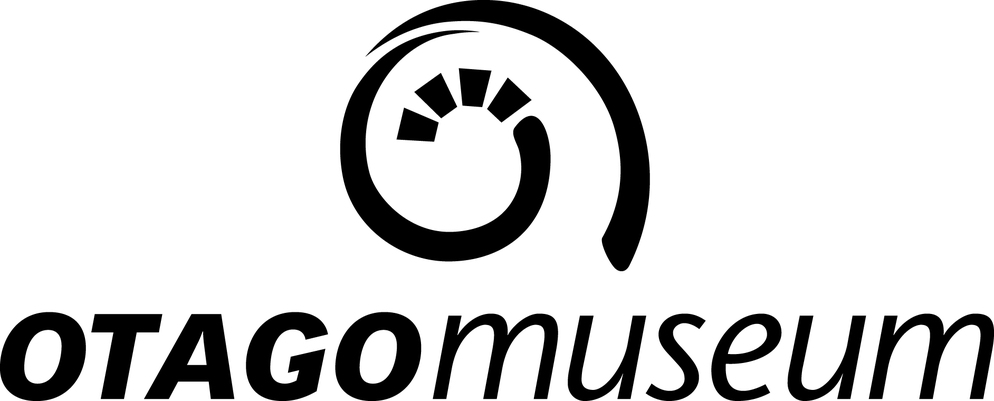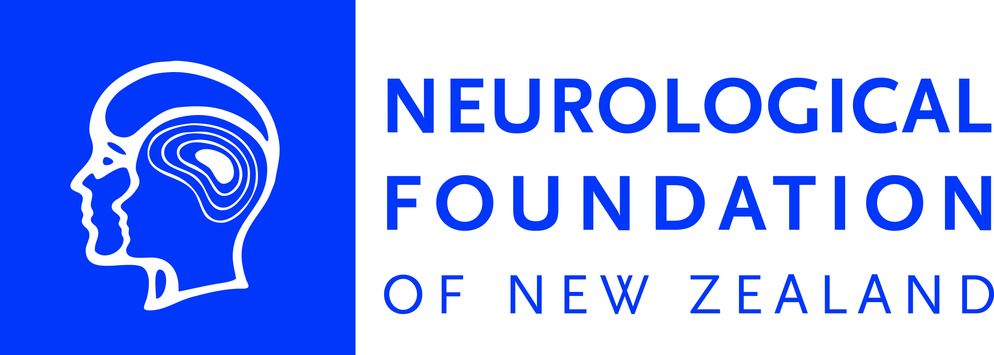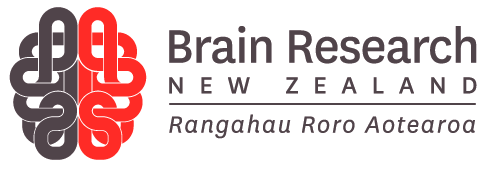Brain Awareness Week is a global campaign to promote public interest in neuroscience research. The Brain Health Research Centre has partnered with the Neurological Foundation of New Zealand, the Otago Museum, Brain Research New Zealand, and the Otago Neuro Group to bring you a variety of exciting talks, discussions and workshops from Tuesday 6 March to Sunday 11 March.
All the events are free, and only two require bookings made in advance.





Tuesday 6th March
• Alumni, Books and Conversation with Otago Lecturers - Musicophilia
From Oliver Sacks, the world renowned best-selling author of 'Awakenings', comes 'Musicophilia' a book about the human relationship with music; how it can move us, haunt us, and heal us. Come along to this special brain week talk and hear Professor David Bilkey, a neuroscientist from the University of Otago, discuss the book and talk about how the brain responds to music.
You don't need to have read the book – just come and listen about a fascinating topic from an expert in the field. Seating limited, RSVP to events@unibooks.co.nz
6.3pm for 7pm start, Tuesday 6 March
University Bookshop, 378 Great King St
Free
Wednesday 7th March
Successful Aging: Lessons learnt from LiLACS NZ
For the past seven years Professor Ngaire Kerse, Brain Research New Zealand and University of Auckland, has run the 'Life and Living in Advanced Age: Cohort Study', also known as LiLACS NZ (Te Puāwaitanga o Ngā Tapuwae Kia Ora Tonu). The study aims to help people to better plan for their health and wellbeing in later life, to allow the older population of New Zealand to share their wisdom with future generations, and to inform the development of local and national policies to benefit older people. Come along and take part as Ngaire discusses what she's learned over the past seven years.
11am - 12pm Wednesday 7 March
Community House, 301 Moray Place
Free
Working with people with Mild Cognitive Impairment: The Ronnie Gardiner Method workshop
Two of the major factors contributing to falls are dementia and physical frailty. The Ronnie Gardiner Method, developed by jazz musician Ronnie Gardiner, address them both. In this free workshop Professor Ngaire Kerse will take you through the method and learn how to do it for yourself. The workshop is aimed at those with MCI and their families and carers. This will involve movement so make sure you are wearing loose clothing and sensible shoes.
Booking essential: contact Jane Reynolds 479-4066 or bhrc@otago.ac.nz
1pm - 3pm Wednesday 7 March
Age Concern, 26 Bath St
Free
Living to 100 with All your Marbles
Expert Talk
We're now living longer than ever before, but as medicine keeps our bodies healthy for longer, can we do the same for our minds? In this panel discussion, moderated by Associate Professor Christine Jasoni, hear what Dr Liana Machado, Professor Cliff Abraham and Professor Ngaire Kerse have learned about the ageing brain. They will discuss what we can all do to live to 100 with our marbles intact!
5.30pm, Wednesday 7 March
Hutton Theatre, Otago Museum
Free
Thursday 8th March
Brain on Display
The Brain Health Research Centre's giant Inflatable Brain will be on display in the Upper Octagon accompanied by a number of community brain agencies
11am - 2pm Thursday 8 March
Upper Octagon
Free
Brain Tools from the Future: Genes, Machines and Viruses
Expert Talk
Associate Professor Christine Jasoni moderates a panel discussion on the seemingly futuristic technologies that are now becoming available to scientists. Panellists Professor Allan Herbison, Professor John Reynolds and Dr Louise Parr-Brownlie will cover revoluntionary new tools for brain research and treatment including: CRISPR, neuromodulation, brain implants, and optogenetics.
5.30pm Thursday 8 March
Hutton Theatre, Otago Museum
Free
Friday 9th March
• Brain 101: A Users Guide
What even is a brain? Why do we need it? What is it made of? And why do people keep telling me to take care of it? There's a lot going on inside your head: it's messy, it's complicated, and it's honestly a little gross to look at. Dr Blake Porter has you covered with this users guide, so come along and get the most out of your brain with this quick and easy Brain 101!
1.30-2.30pm Friday 9 March
Community House, 301 Moray Place
Free
Saturday 10th March
“Your Brain: The Secrets that Matter”
Brain Day at the Museum with the Neurological Foundation of New Zealand and the Brain Health Research Centre, University of Otago
10am 5pm, Hutton Theatre, Otago Museum
• Parkinson's Disease and the Chamber of Secrets
Dr Louise Parr-Brownlie
For the last 30 years, treatments for Parkinson's disease have been focused on relieving the motor symptoms of the dease in an area of the brain called the basal ganglia. While these treatments involved are helpful, side effects have a strong tendency to develop in the majority of patients. During this talk Dr Parr-Brownlie will share the journey from discovering that motor thalamus connections and cell activity are changed in the parkinsonian brain, and outline how this knowledge is being applied to develop and test a potential new treatment.
10am
• Movement Matters, for your Brain and your Body
Professor Ruth Empson
Ever wondered how you control the movement of your body? A part of the brain called the cerebellum regulates and guides movement, by listening to signals from the body, and using this to predict and refine movement. There is, however, growing evidence that suggests the predictive function of the cerebellum goes beyond 'just' movement, incorporating the regulation of perceptions and emotions. During this talk Prof Ruth Empson will explore the key roles of the cerebellum and how cerebellar dysregulation could contribute to conditions such as autism, traumatic stress, and dementia.
11am
• An Anatomical Head: its impact on trauma research
Professor Darryl Tong
Understanding the implications of subconcussive forces to the head and how it relates to potential long-term brain injury is an important topic, especially in sports and the martial arts. Professor Darryl Tong is part of a team who has developed an anatomical head model, which incorporates a simulant skin, skull, and brain, for forensic blunt and ballistic trauma research. During this talk, he will discuss his research and how this could help future generations.
1pm
• Concussion in Sport
Professor John Sullivan
In this lecture Professor Sullivan will discuss his research which investigatesrugby players who sustained concussions throughout their career. Comparisons are made relating to elevated risks of depression and/or mild cognitive impairment later in life, compared to matched non-rugby players, and whether any deficits are associated with the number of concussions. This will inform recommendations for the monitoring and management of the concussed player, along with enhancing the understanding of brain health for retired sportspersons.
2pm
Meanwhile in the Atrium:
Join the neuroscience team to see what the inside of your head looks like and how it works!
You can walk through the Brain Health Research Centre's giant inflatable brain, make a furry neuron, test yourself with brain deceiving images and optical illusions or try interactive brain-testing activities. You'll be given the opportunity to learn more about what exactly is going on inside your head.
10am - 4pm
• Supersize Your Brain - How to Get better at Anything
Dr Owen Jones
11am, 12pm, 1pm, and 2pm
Barclay Theatre
Free
Sunday 11th March
“The Importance of Social Engagement in Ageing”
Conclude Brain Week 2018 by joining the Brain Health Research Centre, Brain Research New Zealand, and Collaboration of Ageing Research Excellence for an afternoon of entertainment and educational discussions.
• 12pm - Lunchtime
Complimentary light lunch, courtesy of Collaboration of Ageing Research Excellence (CARE)
• 1pm - The movie "Mrs Palfrey at the Claremont"
The movie will be followed by a discussion led by Associate Professor Debra Waters, who is the director of CARE, and psychogeriatrician Associate Professor Yoram Barak, from the Dunedin School of Medicine.
• 3.30pm - “How to optimise Brain Health”
Healthy aging is associated with some decline in cognition and social understanding. Such changes are linked to naturally occurring changes in the brain involving reductions in brain volume or neurotransmitters. Professor Ted Ruffman, from the University of Otago's Department of Psychology, explains how research has shown that there are ways to offset or reduce such declines.
• 4.30pm - Entertainment
Performance from “Dunedin 60+ Club” Entertainers Group
12pm - 5pm, Sunday 11 March
Hutton Theatre, Otago Museum
Free
